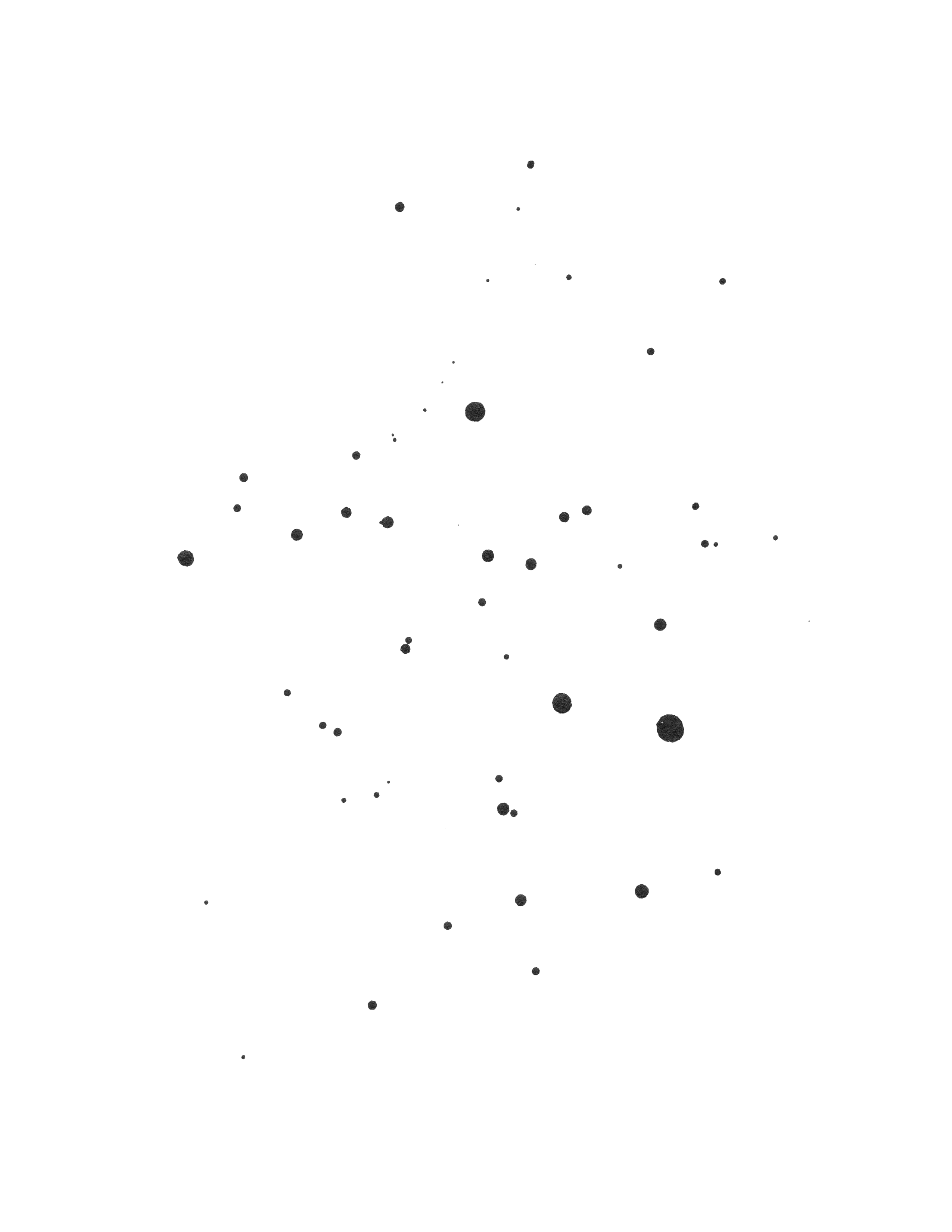This Statamic addon allows you to filter, fetch or index the individual values, sets and relations within your entries, from both root and deeply nested fields. It's useful for things like:
- Extracting the text from every Bard field within a replicator
- Finding every asset in the page, or just the first image
- Filtering, sorting and paginating a Grid field or raw array just like a collection
- Adding individual sections of a page to a search index
- Refactoring nested data and sets
Installation
You can search for this addon in the Tools > Addons section of the Statamic control panel and click install, or run the following command from your project root:
composer require jacksleight/statamic-distillExamples
Find every image in the page
{{ distill:page type="asset:*" is_image:is="true" unique="true" }} {{ url }}{{ /distill:page }}Extract all Bard text from a page builder
{{ { distill:bard from="builder" } | bard_text }}Filter, sort and paginate a Grid field
{{ distill:parts_list depth="1" paginate="10" :category:is="get:category" :sort="get:sort" }} {{ items }} {{ name }} {{ price }} {{ /items }} {{ paginate }} <a href="{{ prev_page }}">←</a> <a href="{{ next_page }}">→</a> {{ /paginate }}{{ /distill:parts_list }}Usage
Distill recursively walks through the value you provide looking for items that match your criteria. It can find individual paragraphs and field values through to entire sets and references to other content.
For optimal performance you should use the from, path, expand, limit and max_depth parameters to restrict where it goes based on what you're looking for. These options don't just filter the final result, they tell Distill where to look and when to stop.
Distill can find references to other entries, terms, assets and users, but it will not walk into those objects. Additionally Distill will only walk raw values if you provide one, it will not walk into a field's raw value.
Distill Tag
The {{ distill:* }} tag accepts the following parameters:
- from (string)
The name of the source variable (not the variable itself), can be a single field or raw value or an entry, term, asset or user. - type (string|array)
The type to match, asterisks can be used as a wildcard and multiple types can be pipe delimited, options are:value:[fieldtype]- A field valueset:[handle]- A Replicator or Bard setrow:[distill-type]- A Grid row (type can be defined in the field config)node:[type]- A Bard nodemark:[type]- A Bard markentry:[collection]- An entryterm:[taxonomy]- A termasset:[container]- An assetuser- A userraw:[php-type]- A raw value (inc. stdClass)class:[php-class]- Any other object (exc. stdClass)
- path (string|array)
The path to match, asterisks can be used as a wildcard and multiple paths can be pipe delimited, paths themselves are dot delimited. - depth (integer)
Sets bothmax_depthandmin_depth. - min_depth (integer)
The minimim depth to find items from. - max_depth (integer)
The maximum depth to find items from. - unique (boolean, false)
Filter out duplicate items. Filtering is only applied to these types:entrytermassetuser
- expand (string|array, all)
Which types to expand and walk into, asterisks can be used as a wildcard and multiple types can be pipe delimited, options are:set:[handle]row:[distill-type]value:replicatorvalue:bardvalue:gridvalue:entriesvalue:termsvalue:assetsvalue:usersraw:arrayraw:object
- limit (integer)
The maximum number of items. - offset (integer)
The starting item offset. - paginate (integer)
Enables pagination and sets the number of items per page. - sort (string)
The sort order. - include_source (boolean, false)
Whether to include the source value. - still (string)
Which still to apply, multiple stills can be pipe delimited. - [conditions] (mixed)
Any where conditions.
Each item returned includes an info object that contains the following values:
- type - Type of the item.
- path - Path to the item from the source.
- name - Field handle/value index.
- source - Original source value.
- parent - Parent item in the hierachy.
Distill Text Tag & Modifier
The {{ distill:text }} tag returns all plain text from text, textarea, bard and markdown fields.
The distill_text modifier does the same thing, but must be passed the name of the field (as a string), not the field value itself.
Distill Bard Tag & Modifier
The {{ distill:bard }} tag returns all Bard data in a format that is compatible with the bard_* modifiers.
The distill_bard modifier does the same thing, but must be passed the name of the field (as a string), not the field value itself.
Distill Count Tag
The {{ distill:count }} tag returns the number of results from a query.
Stills
Stills are exactly the same as query scopes, but for Distill queries. You can create them by adding a new class in app/Stills/*.php. They have an apply method that receives the query builder object and array of tag parameters.
Usage in PHP
Query Builder
You can query a value manually in PHP using the Distill::query() method. The query builder class has camel cased method names that match the tag parameters above, plus all the usual where methods:
use JackSleight\StatamicDistill\Facades\Distill; $youtubeVideoSets = Distill::query($value) ->type('set:video') ->where('url', 'like', '%youtube.com%') ->get();Bard & Text Values
You can extract Bard data and plain text manually in PHP using the Distill::bard() and Distill::text() methods. For example to create a plain text value of a page builder you could do one of these:
use JackSleight\StatamicDistill\Facades\Distill;use Statamic\Facades\Collection;use Statamic\Statamic; $value = $entry->augmentedValue('content');$data = Distill::bard($value); $value = $entry->augmentedValue('builder');$text = Distill::text($value);Search Integration
Distill can add the results of a query to a search index, so they appear as their own individual search results. You can then use hash/fragment URLs to link to those items within the source page. Items from entries and terms are supported.
// config/statamic/search.php'searchables' => [ 'distill:collection:pages:sections',],'fields' => ['heading'],// app/Stills/Sections.phpnamespace App\Stills; use JackSleight\StatamicDistill\Stills\Still; class Sections extends Still{ public function apply($query, $values) { $query->path('builder.*')->type('set:section'); }}{{# resources/views/search.antlers.html #}}{{ search:results }} {{ if result_type === 'distill:set:section' }} <a href="{{ info:source:url }}#{{ id }}"> {{ title }} </a> {{ else }} ... {{ /if }}{{ /search:results }}Here's a brief explanation of what that's doing:
distill:collection:articles:sections- Use the Sections still to extract items from entries within the articles collection$query->path('builder.*')- Extract all the items that are direct children of the "builder" field (the sets)->type('set:section')- Only extract the sets of type "section"'fields' => ['heading']- Index the "heading" field from those sets
When a search is run the section headings will be searched, and any matching sets will be returned as results.





